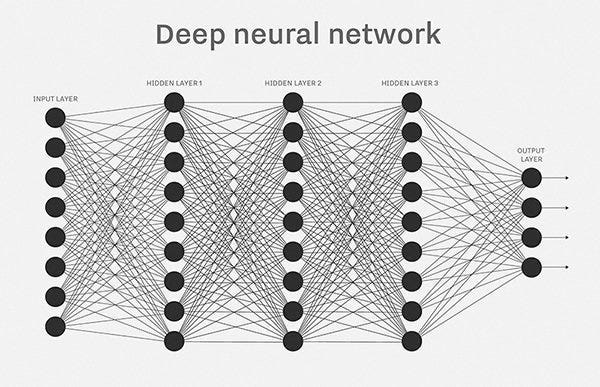Your body thinks itself into its shape
Recent findings explain the perennial confusion around nutrition science

Consider how dismally confused the science of nutrition and human health has been the last few decades. Is sugar bad for you? Is fat? There have been unprecedented levels of what can only be (kindly referred to) as trust-rendering scientific failure when it comes to basic questions about health.
It occurred to me that my own field, neuroscience, has been similarly confused. You can do all sorts of neuroscientific experiments, yet ultimately, we just still don't know that much about brain function. But we have a really good excuse: the brain is a high-dimensional neural network that acts as a mathematical black box. Every brain is different, and the principles of each individual brain’s operation are so strung out across millions of little synapses, even for simple functions, so trying to understand it in the way that you understand a car engine fails over and over.
Looking over at the scientists studying health I have both sympathy and a striking feeling of recognition—I too have walked around conferences and thought “Oh, this is like 95% bullshit.”

Perhaps my feeling of recognition is because your own body is a mathematical black box as well? What if it had some of the same confusing properties as a large-scale neural network, like patterns of minute-scale changes in memory across individual cells? That hypothesis would certainly explain why nutritionists and health experts are themselves so often perplexed and contradictory. Or at a personal level, why you might be gluten intolerant and then go to Italy and eat all the bread that you want. Or why you used to be allergic to shellfish, and then one day weren’t. Or why red wine used to give you headaches, but then stopped. All of us have experienced personal mysteries like that, and yet the science of health struggles mightily to put people's disparate personal experiences into a rigorous car engine-like causal model.
And we have an increasingly strong inkling as to why. Of course, there’s evidence that things like working out causes neuron growth—aspects of that has been known for a while—but more and more there is evidence of cellular memory across scales. Indeed, just yesterday a paper in Nature was published:
…our findings indicate the existence of an obesogenic memory, largely on the basis of stable epigenetic changes, in mouse adipocytes and probably other cell types. These changes seem to prime cells for pathological responses in an obesogenic environment, contributing to the problematic ‘yo-yo’ effect often seen with dieting.
In other words, your cells remember being fat. And, in a similar vein, research in Nature published just two weeks ago has shown that non-neural cells obey the same fundamental laws of memory as neurons do at the fine-grained level of patterns of inputs. They are sort of like proto-neurons, then, in this sense. Much like your personality is an output of a neural network, perhaps your body morphology itself is best thought of in this complex black-box way too—a thing not so much mechanical as it is thinking itself into form.

